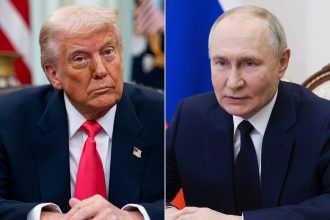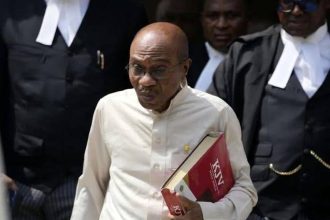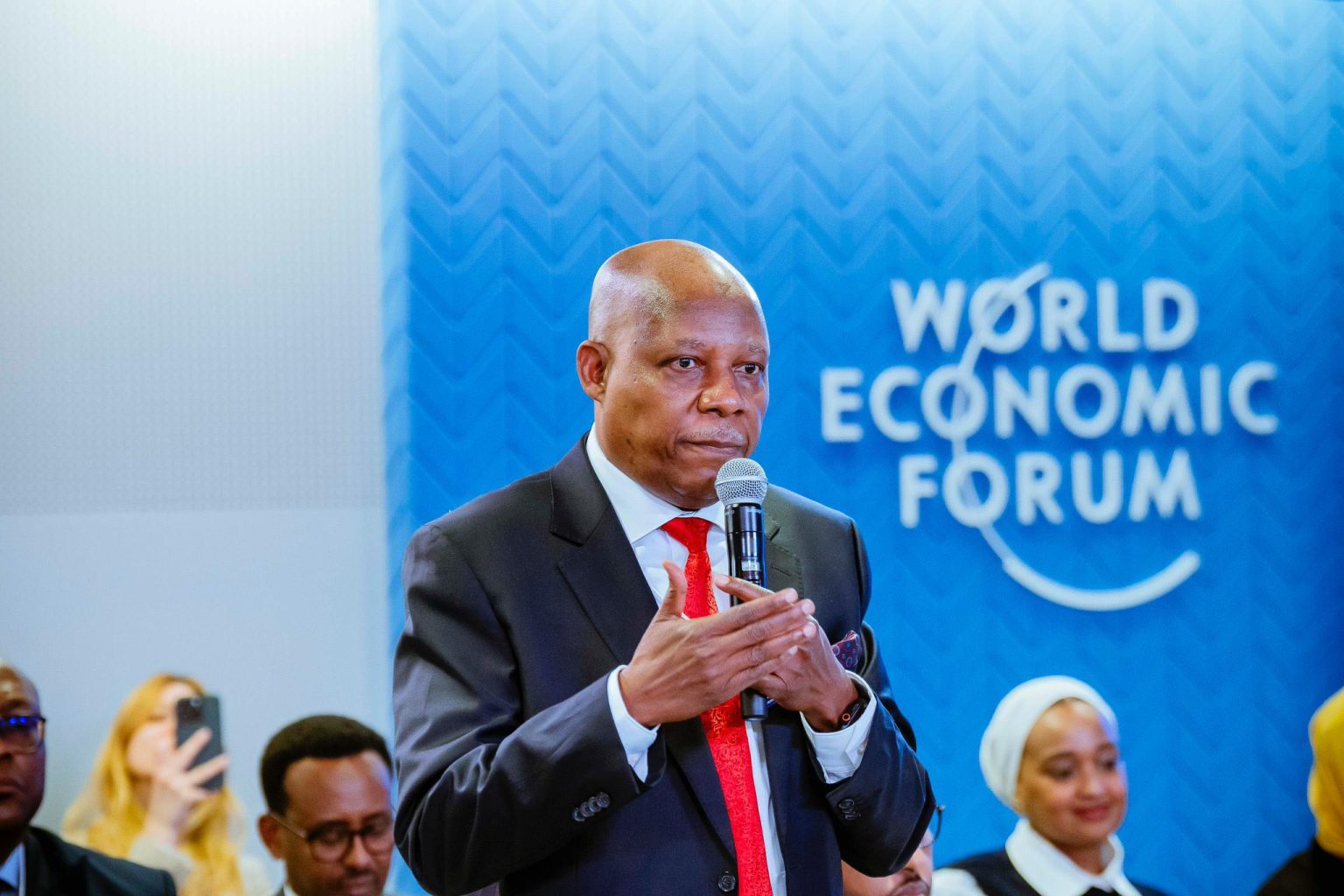Nigeria’s Vice President, Kashim Shettima, has expressed strong opposition to foreign aid as a solution to Africa’s economic challenges, stating that he would rather “carry poverty with dignity” than depend on external assistance.
Shettima made this remark while speaking at the World Economic Forum (WEF) 2025 in Davos-Klosters, Switzerland, during a panel discussion on Africa’s economic future.
Addressing global leaders, policymakers, and business executives, Shettima emphasized the need for African nations to take control of their economic destiny by focusing on education, gender empowerment, and innovation.
He argued that these investments are essential for transforming African societies and achieving sustainable development.
“Yes, we have challenges,” Shettima said. “But those challenges are also pregnant with opportunities to re-engineer our society and build back better. The crisis has given us a unique window to invest in people—especially in education, gender empowerment initiatives, and smart agriculture—to leapfrog our economies into the post-industrial revolution.”
The Vice President underscored the importance of strategic partnerships over dependency, advocating for an equal footing in global economic relations.
“I don’t believe in aid. I believe in partnership. I would rather carry my poverty with dignity and engage with people, nations, and companies as equals, not in a master-servant relationship,” he asserted.
Shettima also highlighted Africa’s vast natural and human resources, arguing that the continent has the potential to drive global economic growth.
He stressed Nigeria’s pivotal role in shaping Africa’s future, stating that the country’s policies and economic trajectory would significantly impact the continent’s overall development.
“My continent is the richest in the world, and the trajectory of global growth is facing Africa. Nigeria will either make or mar that transition,” he noted.
Despite economic challenges, Shettima expressed optimism about Nigeria and Africa’s future, calling on young people to take charge of the continent’s transformation.
“I move with confidence, with cautious optimism, with hope for a better tomorrow. But most importantly, I believe that the youth of Africa are the drivers of change,” he concluded.




